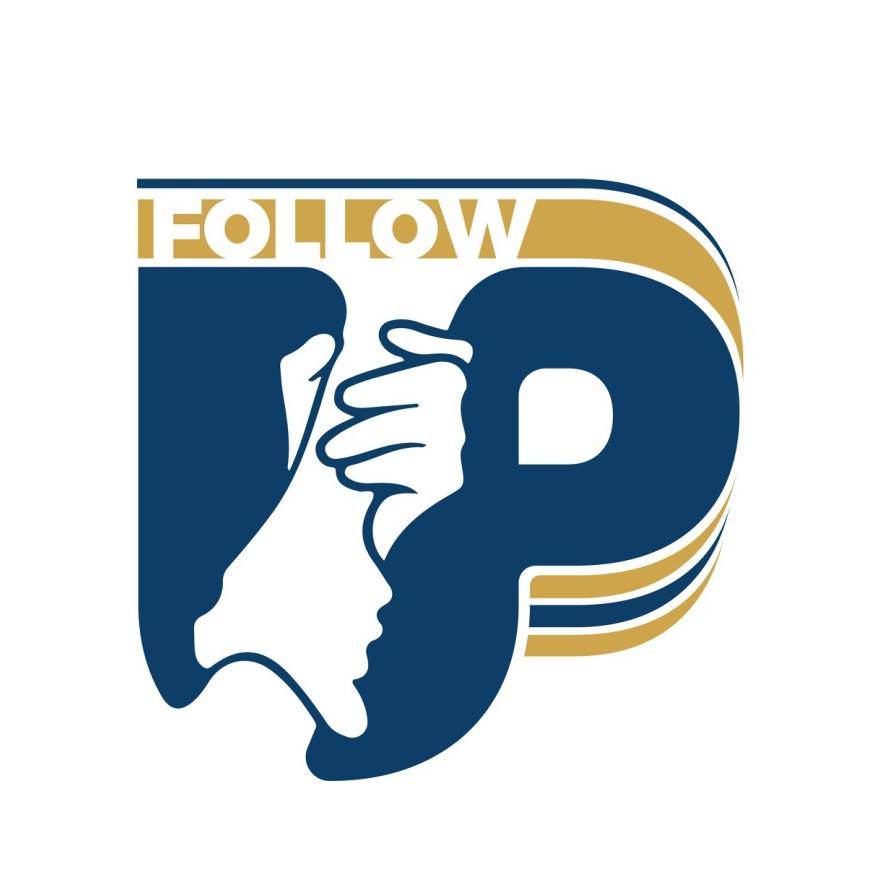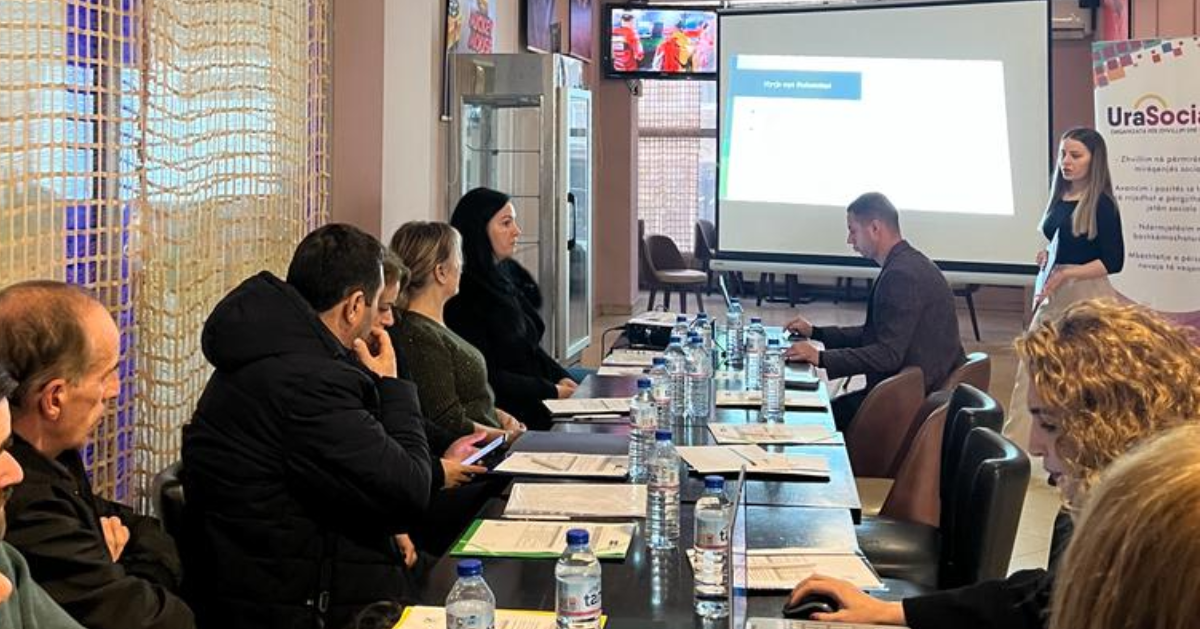On 14 June, Kosovo Women’s Network (KWN) organized the Orientation to officially announce four organizations recipients of grants, amounting €166,887.46, within the project “Supporting women survivors of sexual violence”, which is part of the Global Project of UN Women “Gender Sensitive Transitional Justice”. This UN Women project is financed by the European Union (EU) and its segment for women’s economic empowerment through micro-grants in Kosovo, is being implemented by KWN.
Four KWN member organizations specialized in working with women survivors of sexual violence, at the same time beneficiaries of these grants, are: 1. Medica Gjakova; 2. Medica Kosova; 3. Kosova Rehabilitation Center for Torture Victims (KRCT); and 4. The Centre for Promotion of Women’s Rights (CPWR).
The four actions planned by the beneficiary organizatios will contribute to the realization of KWN’s own mission to support, protect and promote the rights and interests of women and girls throughout Kosovo, regardless of their political beliefs, religion, age, level of education, sexual orientation, and ability.
“Through the implementation of this initiative we aim to contribute on the economic empowerment and the integration of women survivors of sexual violence during the war in Kosovo”, said the representative of one of the beneficiary organisations.
Beside the realization of KWN’s mission, these initiatives will also contribute to realizing the Strategic Goals identified by KWN members in the KWN Strategy for 2015-2018.
Further, the KWN project “Supporting women survivors of sexual violence” and the four NGOs’ initiatives supported through it, will contribute to the implementation of the UN Women Transitional Justice Project, which has the overall outcome that “Government and Security Actors in Kosovo advance the Implementation of the adopted 1325 action plans and specific commitment to the survivors of sexual violence.”
Towards achieving its aim, KWN is also working in close collaboration with the Ministry of Labour and Social Welfare (MLSW) and the European Union Office in Kosovo.






